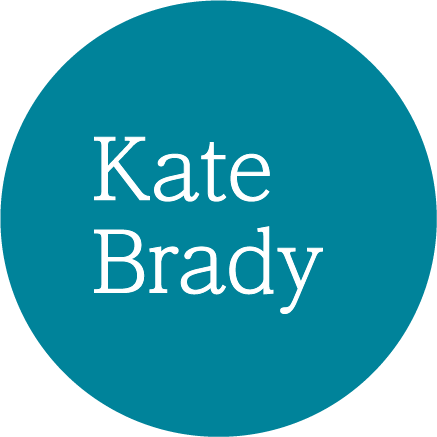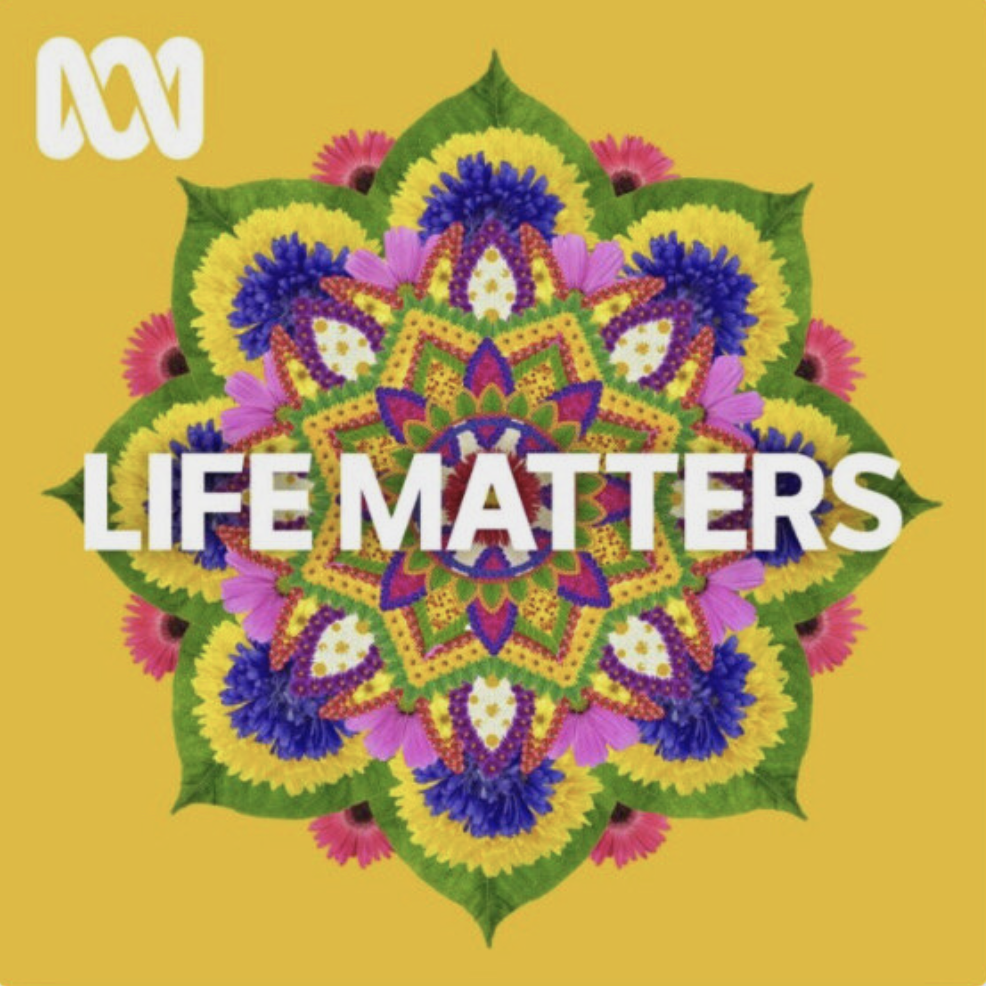Podcasts.
After the disaster
After you’ve experienced a disaster, be it a fire, a terrorist attack, a cyclone or a flood there is so much to work through. What should you expect? How do you look after yourself and the people around you? Why are relationships, the endless paperwork, emotions and parenting so hard right now? When are things going to feel normal again?
From how to manage insurance; to supporting kids, After the Disaster offers practical tips and evidence-based advice. We speak with people who have been where you are, and people who have researched the best way forward. We present the latest advice for how to manage all the stuff that comes after the lights and sirens have finished up. How to find your feet towards recovery.
After the Disaster has been produced with the support of the Australian Red Cross and the University of Melbourne. Thanks to Bushfire Recovery Victoria and the Bushfire Natural Hazards Cooperative Research Centre for project funding support.
UNSW Centre for Ideas
In a world increasingly besieged by disasters, Dr Kate Brady addresses whether we are ready for what comes after. She paints a stark picture of the escalating frequency and intensity of calamities, from bushfires to cyclones. Brady challenges us to consider whether our current strategies are sufficient and calls for a radical shift in how we approach disaster recovery. She emphasises the need for community-led approaches, proactive planning for the aftermath of disasters, and innovative solutions to withstand future crises. The increased frequency of disasters as a result of climate change is a wake-up call, Brady urges us all to rethink our disaster recovery mechanisms before it's too late.
Disrupting Disasters
Elizabeth McNaughton speaks with her 'disaster buddy' Dr Kate Brady. Kate has a PhD in Public Health with a focus on disaster recovery. She is the National Recovery Adviser for Australian Red Cross Emergency Services and Senior Research Fellow at the University of New South Wales.
In this episode, they discuss why imagination isn’t always helpful, the pragmatic reality of systems change, and pros of asset-based community development. They touch on burnout, the emotional toll of recovery work and how it’s changed their world views. Kate tells us about her podcast, her newest research project, and what life was like juggling work with newborn twins during the pandemic. Elizabeth and Kate agree on the need for more support and training for anyone working in disasters.
Emerging Minds
In this episode, we talk to Kate Brady, a Churchill Fellow and National Recovery Advisor at Australian Red Cross, about what happens in a community during and after a traumatic event. She discusses the difference between natural disasters and community traumas, what communities might experience, and how families, communities, and first responders can all respond to and support children in their recovery.
The Conversation Hour - Guest
‘How do we find hope?’
Episode: Tuesday 3 December, 2024
Every year, The Hope Prize draws submissions from around the world celebrating stories that highlight courage and overcoming hardship.
These stories are then collected into an anthology with all proceeds going toward Beyond Blue.
In this episode, The Conversation Hour team draws on these stories and others to get a sense of how we find hope in the most unlikely of places.
Life Matters - Guest
‘When disasters start to add up’
Episode: Tuesday 21 September, 2021
New research from the Australian Red Cross has found that over a third of people surveyed have lived through more than one disaster in less than two years and that two in five feel less hopeful about the future.
With large parts of Australia experiencing fire, flood and storms on top of a global pandemic, what is the cost of successive disasters?
And how can we measure the cumulative effect of multiple disasters on a person's sense of resilience, wellbeing and safety?
Guests:
Dr Rob Gordon, disaster recovery psychologist, consultant in emergency and disaster recovery for the Red Cross and the Victorian Government
Dr Kate Brady, Red Cross National Recovery Adviser and research fellow at the University of Melbourne
Life Matters - Guest
Episode Monday 2 November 2020
‘Adjusting to life under “COVID-normal” rules’
“Now that the pandemic is much more under control, many Australians are heading out and adjusting to “COVID normal”. This means some of the things that you used to be able to do freely, like eating out, exercising at gyms and even visiting other people’s places, are allowable, but with restrictions, which could remain in place for some time.”







